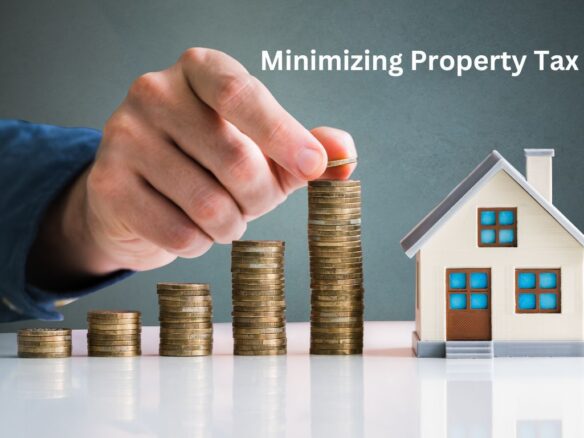A tax lien is a legal claim by the government on a property due to the owner’s outstanding tax debt. When a property owner fails to pay their taxes, the government can place a lien on the property as a way to secure the payment of the debt. The lien gives the government the right to take possession of the property and sell it to recover the outstanding taxes owed.
The process of placing a tax lien on a property usually begins with a notice of tax delinquency sent to the property owner. If the property owner fails to pay the debt, the government will then place a tax lien on the property. This lien will remain in effect until the debt is paid in full or the property is sold to pay off the debt.
The implications of a tax lien can be significant for the property owner. The presence of a tax lien can make it difficult for the property owner to sell the property or refinance it. Additionally, the lien will show up on the property owner’s credit report and negatively affect their credit score. The tax lien can also affect the property owner’s ability to obtain additional loans or credit in the future.
One of the ways to avoid the consequences of a tax lien is to pay the outstanding taxes owed before the government places the lien on the property. If the property owner is unable to pay the debt in full, they can try to negotiate a payment plan with the government. This can allow the property owner to make payments over time and avoid the negative impact of a tax lien.
For those looking to invest in real estate, tax liens can provide an opportunity to purchase properties at a discounted price. When the government auctions off properties with tax liens, they are often sold at a lower price than their market value. Investors who purchase these properties can then pay off the tax debt and either hold onto the property or sell it for a profit.
It is important to thoroughly research a property before purchasing it, as there may be other liens or encumbrances on the property in addition to the tax lien. Additionally, it is important to understand the laws and regulations in the jurisdiction where the property is located, as they can vary significantly from state to state.
In conclusion, a tax lien is a serious matter that can have significant implications for property owners. It is important to stay current on property taxes and to address any tax debt promptly to avoid the consequences of a tax lien. For investors, tax liens can provide an opportunity to purchase properties at a discounted price, but it is important to carefully research the property and understand the laws and regulations involved.






Join The Discussion